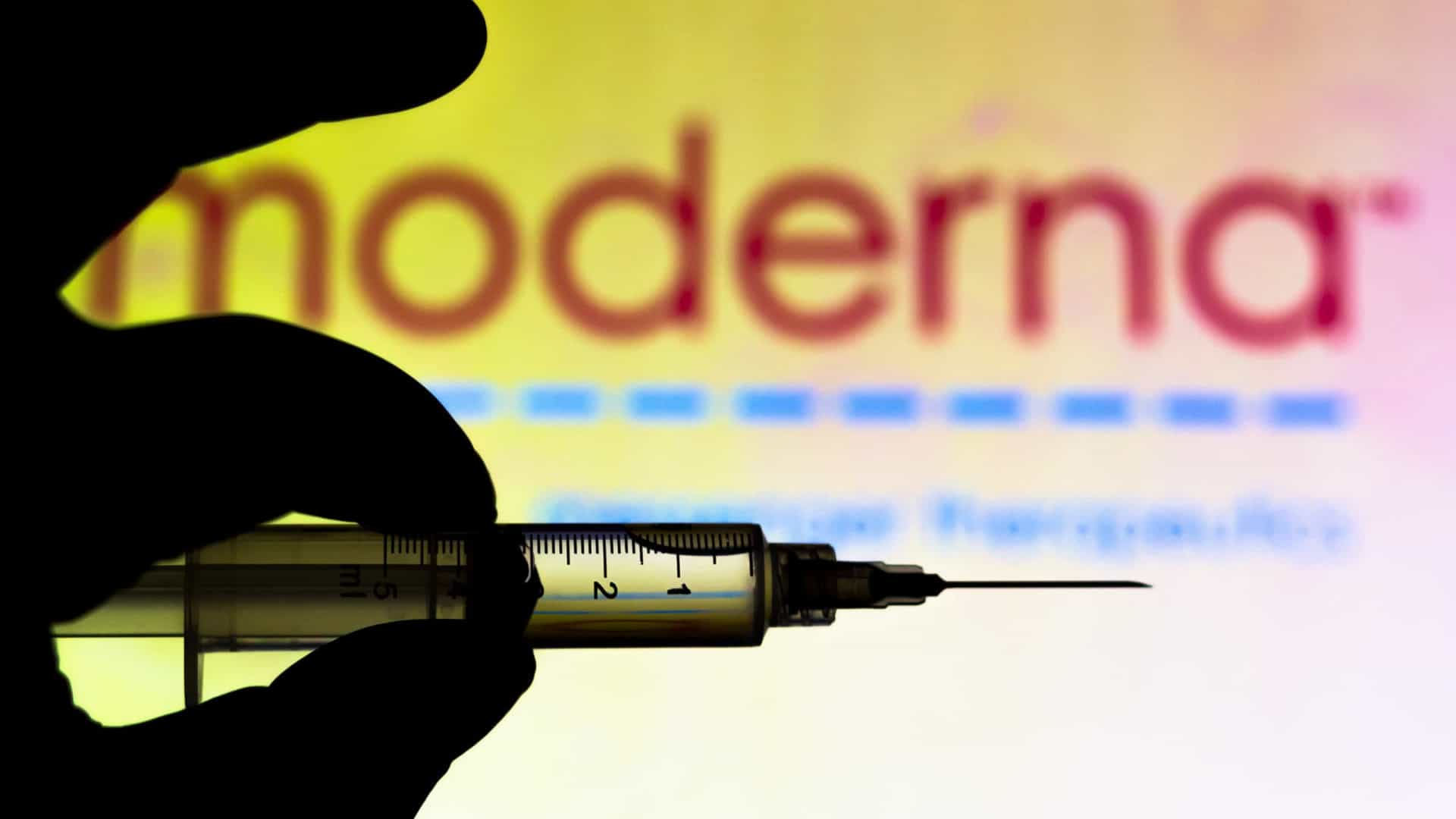RIO DE JANEIRO, BRAZIL – If protection with a smaller dose is confirmed, this could potentially result in twice as many people being immunized with the same number of doses.
The Covid-19 vaccine developed by US biotechnology company Moderna produced antibodies with half a dose of the vaccine when compared to a full dose.

The study’s findings were published on February 9th in peer-reviewed Vaccine journal.
If protection with a smaller dose is confirmed, this could potentially result in twice as many people being immunized with the same number of doses.
In the phase II randomized, double-blind, placebo-controlled Study, with 600 subjects split into two cohorts, one aged 18 to 55 and the other over 55, were randomly assigned to be administered 50µg or 100µg vaccine doses or a placebo.
Each subject was administered two doses of the immunizer or a placebo, with a 28-day interval. The trial was intended to assess the vaccine’s safety and immunogenicity in different dosages.
The vaccine, called mRNA-1273, uses stretches of the virus RNA, notably those responsible for encoding the S protein of the virus spicule, to induce the production of antibodies and defense cells. Upon contact with the real virus, the immune system will be prepared to prevent viral infection and replication.
Volunteers were recruited between May and July 2020 and the trial was completed within the following two months.
To measure the rate of anti-Sars-CoV-2 antibody production, scientists collected the subjects’ blood on day 1, before the vaccine, on day 29 – 28 days after the first dose – and on days 43 (14 days after the second dose) and 57 (28 days after the second dose).
The blood samples were tested for both virus-binding antibodies (such as IgMs, associated with a lower immune memory) and neutralizing antibodies (associated with a better immune response memory).
The immune response produced by antibodies was high in both cohorts. Fourteen days after the second vaccine dose, the seroconversion rate, i.e., production of neutralizing antibodies, reached 100% in all subjects who were administered the vaccine rather than the placebo.
The most common adverse effects at both the lower dose, 50µg, and the higher dose, 100µg, were pain at the injection site, this being the most commonly reported effect in both the younger and older groups.
After the second dose, the most frequent reports were also of pain at the injection site, but some participants reported headache, fatigue, and myalgia (body aches) in the group that was administered the immunizer. There were no serious adverse effects associated with the vaccine.
To also evaluate the vaccine’s protection against the disease, researchers performed RT-PCR tests from nasal swabs. Of the total 600 subjects, 3 had positive RT-PCR results for Sars-CoV-2 with development of symptoms, 2 of whom were administered the placebo and 1 who was administered the 50µg vaccine dose.
In addition to the symptomatic cases, an additional 4 cases were positive for the virus but asymptomatic, 3 of which in the group that was administered the placebo and 1 who was administered a half dose of the vaccine.
However, researchers point out that the production of neutralizing antibodies in both older and younger individuals, in both dosing schemes, was much higher than that found in the blood of patients who had already had Covid-19 and recovered, the so-called convalescent serum (four and five times more, respectively).
The study has no statistical power to assess the extent to which using a lower dose of the vaccine compared to a full dose can guarantee protection, since this may only be shown in a phase 3 clinical trial.
“The present study was not designed for a statistical comparison of superiority or equivalence between the 50µg and 100µg doses of the mRNA-1273 vaccine; therefore, the findings stated here are qualitative.”
The scientists further caution that more robust data on the protection antibodies confer against Sars-CoV-2 infection are required and that the duration of protection and safety of the mRNA-1273 vaccine are being assessed over the 13 months following the study.
Source: Noticias ao Minuto

